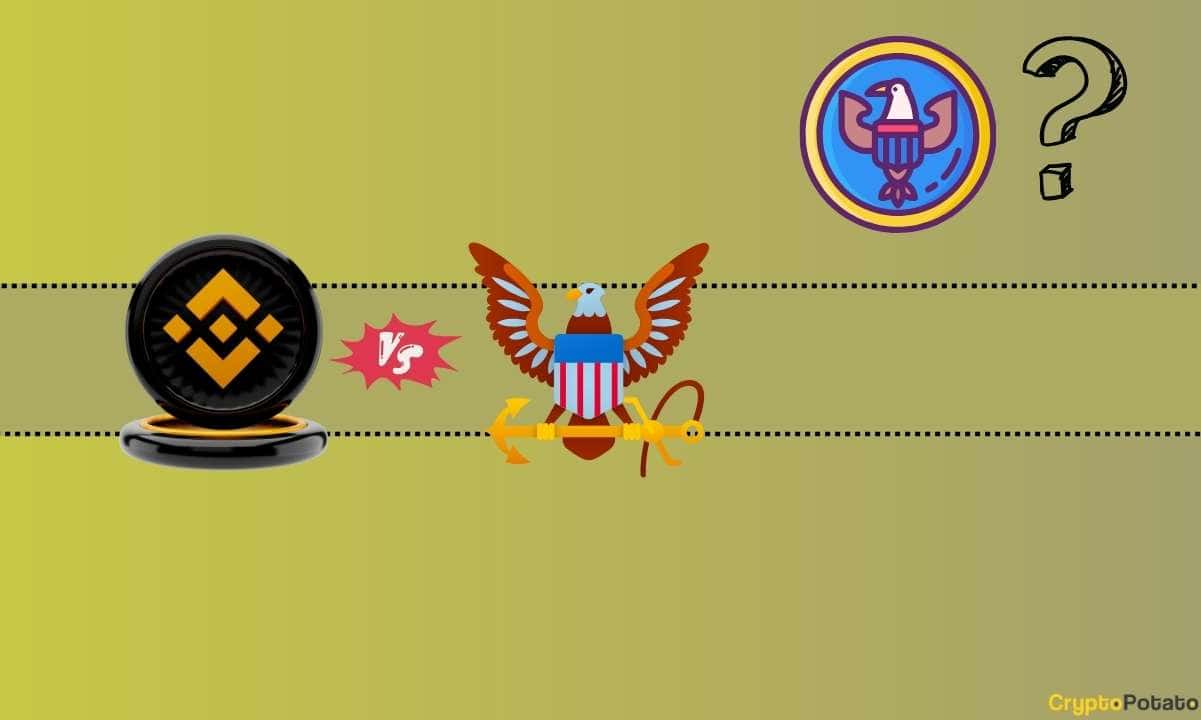The Nigerian Naira is having a bit of a moment, and not the good kind. Despite the Central Bank of Nigeria (CBN) throwing what could only be described as a financial Hail Mary with a supersized interest rate hike, the Naira decided it was time to explore new depths against the dollar. I’m talking about a nosedive to 1,615.94 per dollar in the official market. This is the lowest this currency has stooped.
Now, you’d think cranking up the interest rate by 400 basis points to a jaw-dropping 22.75% would do something, right? Well, it seems like the Naira didn’t get the memo. According to Samantha Singh-Jami, an Africa strategist with a sharp mind for these things, tightening up Naira liquidity was never going to cut it. There’s a whole FX backlog party happening, and boosting FX liquidity is the guest of honor that’s yet to arrive.
In the less official corners of the market, the Naira was strutting its stuff at 1,600 per dollar, showing a slight improvement from 1590 the day before. Meanwhile, Olayemi Cardoso, the central bank governor, hinted at a few culprits behind the Naira’s misfortune, including speculators and crypto traders doing their thing. But apparently, he’s hopeful that unifying the official and unofficial markets will turn the tide.
The central bank’s tough love approach to interest rates is a classic economic trade-off. It’s about balancing the quest for economic growth with the need to keep inflation from going on a shopping spree. Analysts are scratching their heads, pondering how this high-stakes move will play out for Nigeria’s GDP growth, which might not hit the anticipated 3.1% in 2024.
The Naira’s not been doing great, to say the least. With a 44% drop against the dollar this year, it’s only outdone by the Lebanese pound in the ‘world’s worst-performing currency’ stakes. And let’s not even start on the whole Binance saga. The government’s got its gloves on, ready to rumble with cryptocurrency exchanges that are messing with the economy. According to a not-so-pleased BayoOnanuga on national TV, it’s about tackling sabotage and ensuring these platforms don’t dictate the exchange rate.
The Naira’s story takes another twist with the clampdown on cryptocurrency websites. Cardoso pointed fingers at illicit flows through crypto exchanges, particularly Binance, which apparently saw $26bn in transactions from questionable sources. It’s all hands on deck with anti-corruption agencies and the national security adviser getting in on the action to untangle this web.
Let’s talk about the parallel market, or as the presidential aide would have it, the “illegal market.” There’s a call to stop feeding this beast and stick to the CBN’s rates, which, by the way, hovered around N1600 for a dollar last Friday. The argument here is that once the CBN reigns in the exchange rate, the price tags on goods will start making sense again.
Nigeria is in the thick of it, grappling with not just a forex crisis but rising inflation, economic hardship, and the high cost of living, thanks in part to the scrapping of petrol subsidies. Protests are popping up, and the Naira’s value is looking more like a roller coaster ride from hell, having plummeted from about N700/$1 last May to over N1500/$1 now.
With the Tinubu administration pulling the plug on the foreign exchange window and putting the spotlight on cryptocurrency platforms, it’s clear the country is in for a bumpy ride.






